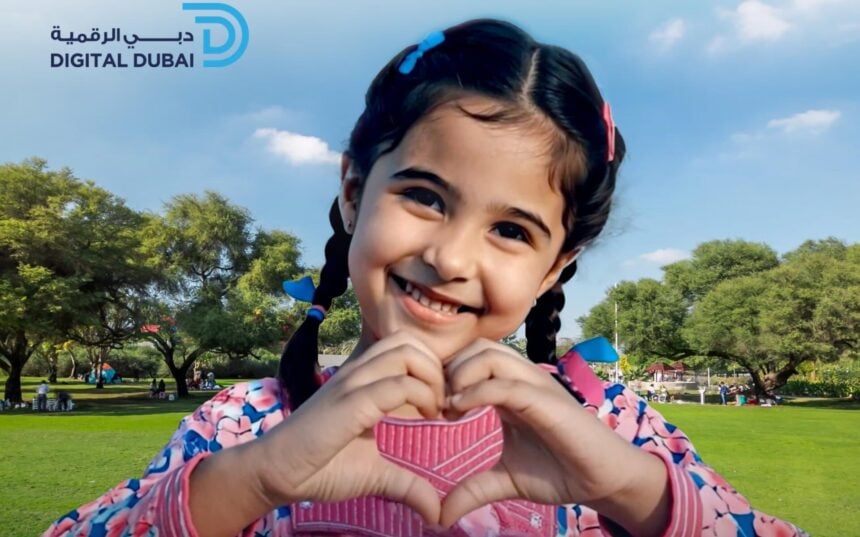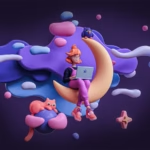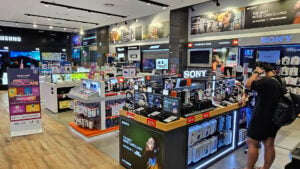Digital Dubai has unveiled the world’s first AI‑powered virtual Emirati Family. The initiative aims to simplify the government’s communication about its digital services, utilising relatable characters rooted in Emirati identity. The first character, ‘The Girl’, has already appeared online, and public voting for her name is open. More family members will follow soon to complete the virtual household.
The Virtual Family: A New Communication Tool
Digital Dubai has created AI avatars to make government messaging more friendly and relatable.
- First character launched: “The Girl”, shown in a social media video
- Public invited to vote among three names: Dubai, Mira, Latifa
- Additional characters coming: father, mother, brother
These avatars serve as virtual family members, connecting government services to everyday life. Designed in an Emirati dress with a modern appeal, they aim to engage children, families, and multilingual audiences with their digital services.
Cultural Identity Meets AI Messaging
The characters reflect Emirati values and help deliver information in a culturally resonant way.
- Designed to represent Emirati society and values
- Inclusive messaging across ages, nationalities, and languages
This blend enables the government to connect with residents on a more personal level. By using a family motif, Digital Dubai makes digital life feel personal and approachable without losing authenticity.
Tech Behind the Virtual Family
AI and advanced data tech power the initiative to tailor messaging.
- Built on AI and data technologies to deliver targeted messages
- Characters will explain digital services in plain language
The technology enables adaptive content tailored to various audiences, including children, adults, and residents of different languages. It turns technical government services into simple, clear conversations.
Why It Matters for Dubai and the UAE
The initiative aligns with Dubai’s push to lead in global digital innovation.
- Supports Digital Dubai’s vision for smarter, more sustainable living
- Strengthens Dubai’s role as a global digital transformation hub
By humanising digital services, Dubai improves digital literacy and promotes public engagement. This helps advance its strategy to deliver a better quality of life through inclusive technology.
FAQs
What is the Emirati Family project?
It’s a set of AI‑generated avatars representing an Emirati family, designed to deliver government messaging through relatable, culturally grounded characters.
Who is in the virtual family so far?
Only “The Girl” has been revealed. The public can vote on her name among Dubai, Mira, or Latifa, with the rest of the family (father, mother, brother) coming later.
Why did Digital Dubai launch these avatars?
To humanise government communication and engage a broad audience in an accessible, inclusive way, while supporting its aim to improve the digital quality of life.























